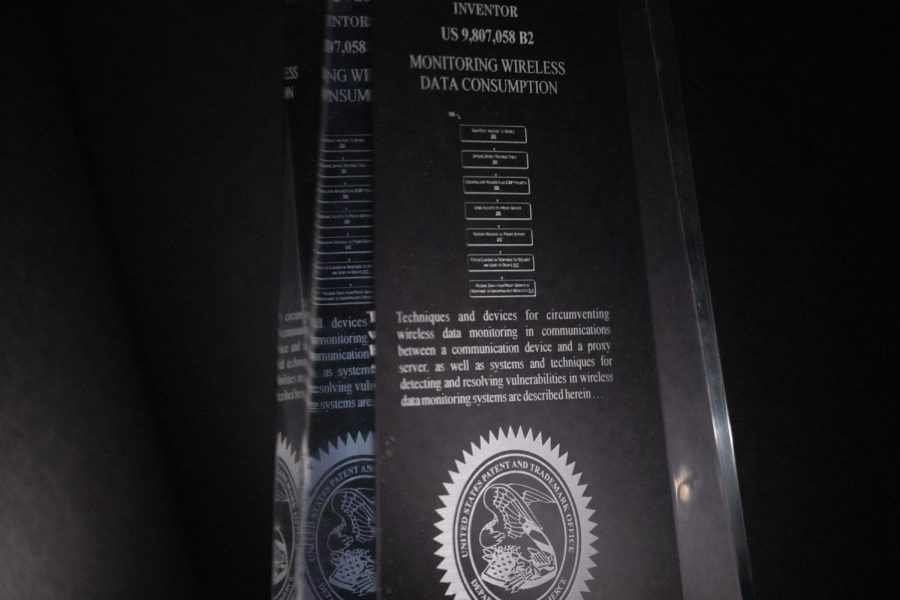The Future of Mobile Data
SPEEDY NEW ERA: Large 5G companies are beginning to roll out hardware and upgrades for the new fifth generation standard of mobile data.
February 26, 2020
Every new decade or so, the conglomerates of mobile networking transition into a new age of mobile data, usually prescribing faster speeds and better coverage. As of February of 2020, many companies are starting to roll out tentative small scale versions of their 5G network. These companies have slowly begun testing the supposed revolutionary jump in mobile data technology that will finally rival the speed of wifi with nearly universal coverage. Although the current state remains only a slight improvement of the present 4G network, according to the New York Times, many large network companies such as T-Mobile and AT&T have claimed that the new generation of mobile data will “…reduce network congestion and pump out data so fast that smartphone users could download all the ‘Avengers’ movies in a few minutes. It might even eventually help cars drive themselves.”
As of right now, according to SDXCentral, “WiFi dominates connectivity in the enterprise, but mobile network operators are trying to present an alternative and will it into greater prominence with benefits that WiFi can’t match.” However, there is great optimism that 5G networks will provide users speed and utility that rivals WiFi with even more universal and consistent coverage. Proponents of 5G are optimistic that problems with the current 4G standard such as connectivity and speed at peak hours, as well as latency issues in certain dead spots will become virtually non-existent once the next standard becomes fully deployed. BBC News states that the key to the major improvements brought forth by the next leap in mobile networking lies in the virtualization of physical equipment such as routers and switches, resulting in “software rather than specialised hardware” handling the majority of the workload.” This mass digitization will revolutionize the way information is processed, and allow for processes that were once carried out by big bulky machines to be processed in the cloud virtually. Furthermore, transitioning from hardware to software allows new benefits to emerge such as network slicing, which would allow emergency operators to respond with unhindered speed during peak hours, and reduce latency in everyday situations.
One of the main focuses of the shift towards the 5G standard is to address many of the problems that customers are facing with the current 4G standard. For example, senior Anisa Su complains that her “mobile data is always way slower than WiFi.” Furthermore, the issue of dead zones has been a frequent complaint of many mobile data users. Junior Warren Singer claims that his current biggest complaint with his plan is the “lack of consistent coverage.” One promise that phone carriers are promoting is the significant improvement in the speed of 5G data compared to the 4G standard. Freshman Jake Hancock states that he frequently uses “Youtube, Netflix and Twitch” but has issues buffering them sometimes. Similarly, Sophomore Angelina Lu just hopes to receive “faster speeds and better coverage” from the jump to 5G. Luckily, CNBC reports that 5G networks will achieve speeds that are up to “10x faster than LTE with extremely low latency.” This translates to the ability to download a 4GB movie in about 32 seconds, compared to the 5 minutes and 19 seconds average that most 4G networks provide today.
While the complete integration of 5G networking still remains a while away, the future of mobile data seems bright, and will undeniably improve the quality of services of individual users and big businesses alike.



